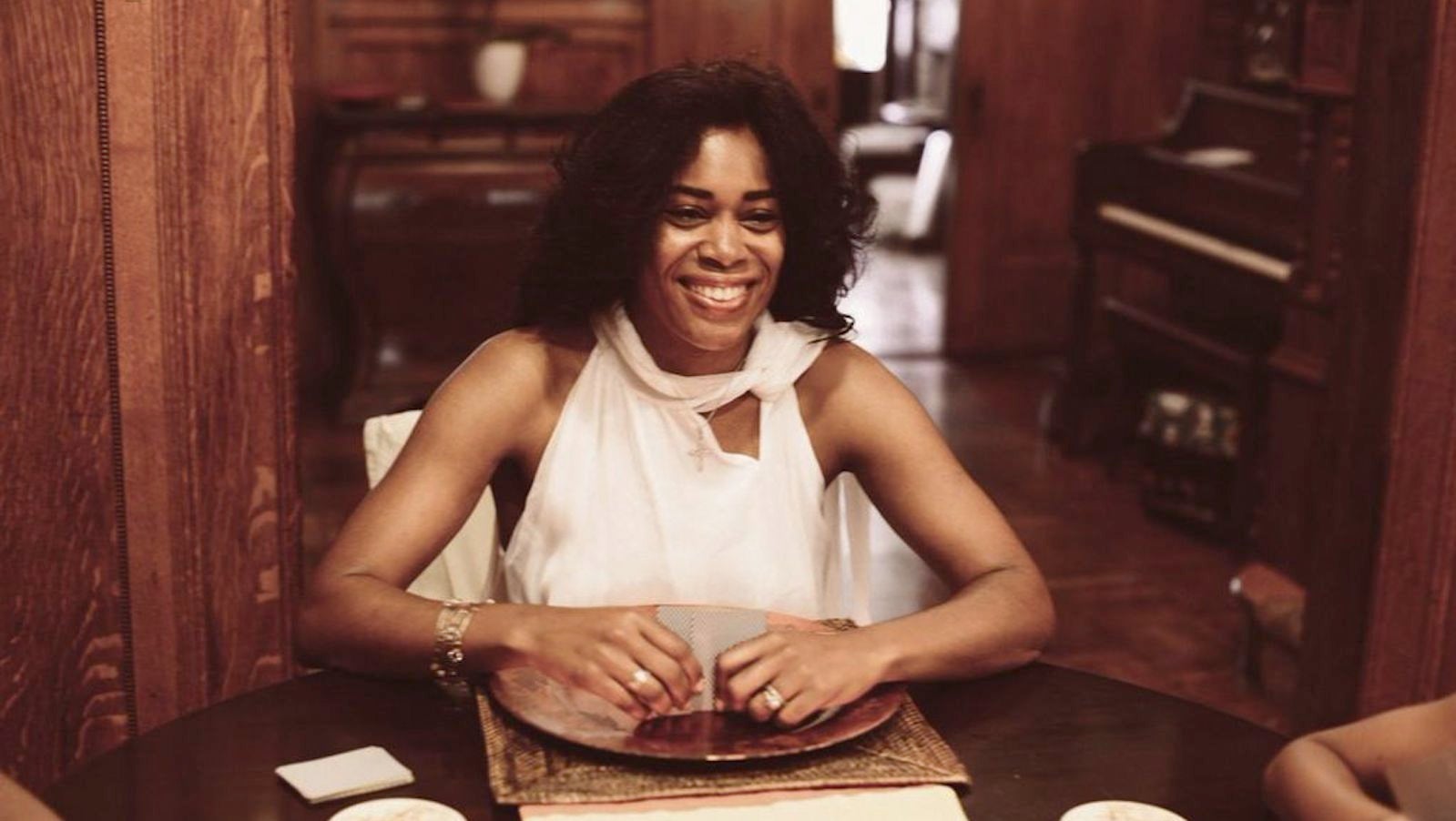Ogilvy Africa CEO: Never underestimate a black woman in the boardroom
It’s an experience many black women in the professional world have experienced. An arched eyebrow. A stuttered hello. Or sometimes the still-hard-to-hear truth: “I didn’t expect you to be black.” Or even harder still: “I don’t want to work with someone like you.”


It’s an experience many black women in the professional world have experienced. An arched eyebrow. A stuttered hello. Or sometimes the still-hard-to-hear truth: “I didn’t expect you to be black.” Or even harder still: “I don’t want to work with someone like you.”
No matter the reaction, it’s a harsh reminder of the oft-repeated, “You have to be two-times better” maxim black people have heard since time immemorial. And it’s an experience Ogilvy Africa CEO Nadja Bellan-White has faced many times in her over 20 year career in advertising.
Bellan-White told mater mea how she’s dealt with casual and overt sexism and racism in the office.
Sadly it happens probably 50% of the time. You can see it when you walk in and there’s an immediate [pause]. Then you got to regroup. “Ok, now you know that it’s me. Let’s take a couple of seconds to get yourself together, and then we’ll be fine.” I wish I could tell you it’s different, but it’s what you deal with today. Sometimes it’s because I’m a woman, sometimes it’s because I’m black. Sometimes it’s both. But you kind of dust it off and keep on going.
I remember I walked into a meeting [abroad for a client] and you could tell around the table. I walk in, and the look on their faces was like shock and awe—because everything is virtual. They’re all like, “She’s a woman, and she’s black and she’s tall?”
My colleague with me from another agency turned red because he could feel it. They talked amongst themselves and they were fine. It just took them a minute. They were speaking in [their language]. I know they were [probably saying], “Did you know she was black? They sent a black woman? How could they send a black woman?” You could tell. After 10 minutes they had to get themselves together.
Now I’ve had some pretty negative experiences where I’ve had clients say, “I don’t want this woman calling on me.” And they said to my boss, “She’s not allowed to call on me. I don’t want someone like her calling on me.”
I remember I cried the first time it happened. Do you realize no matter how senior I become, this will be a reality? So you either say, “Oh, I’m going to leave the industry all together,” or you say, “I’m going to prove you wrong.” I choose the later. Sadly, it does happen. You just have to be better, be excellent, [and] let the work speak for itself.
Now the next black woman who comes behind me knows: Don’t sell us short. And I don’t think they will anymore. There’s got to be someone who’s willing to do the tough job, there’s got to be someone who’s willing to say, “Ok, I’m going to break this ceiling. I’m going to be different, I’m going to be bold, I’m going to take a chance. I’m going to break the barriers so somebody else can come up behind me.” Someone has to do it. If everybody runs for cover, the industry would remain the way it is.